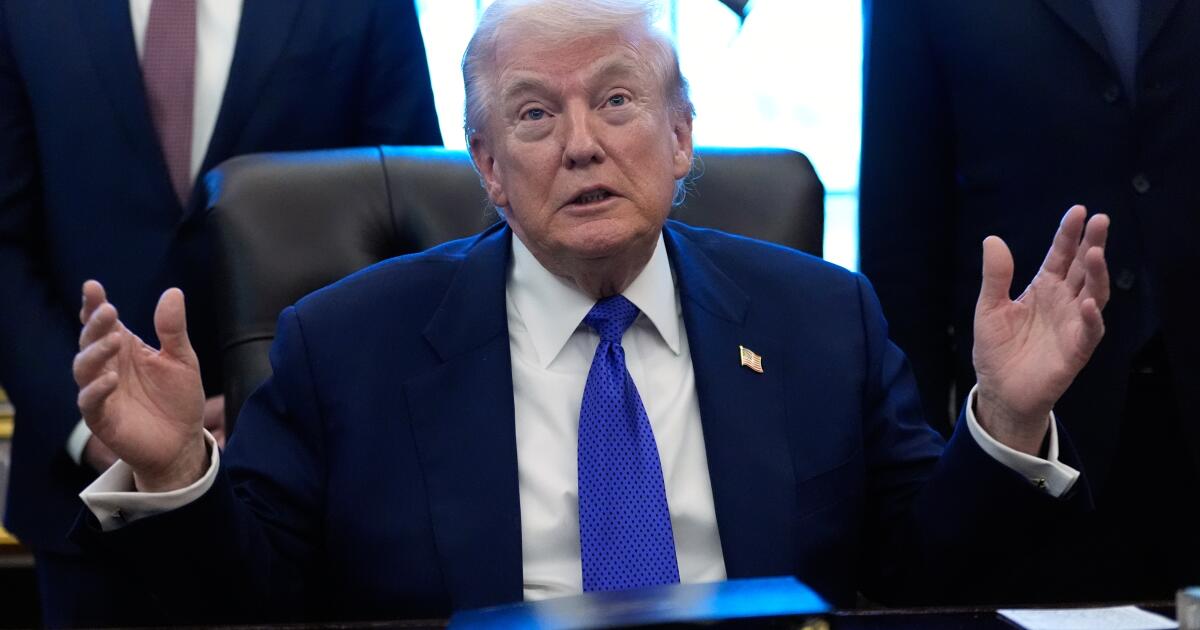Italy says cannot join Trump’s ‘Board of Peace’ because of constitution | United Nations News
Under the constitution Italy cannot join the board because power would be wielded by one leader standing above other members, minister says.
Published On 7 Feb 2026
Italy says it’s unable to join US President Donald Trump’s “Board of Peace” owing to a “constitutional limit” marking the latest setback faced by the self-styled “international peace building body”.
Foreign Minister Antonio Tajani told the ANSA news agency on Saturday that conflicts between Italy’s constitution and the charter of the Board of Peace were “insurmountable from a legal standpoint”, but his country would always be “available to discuss peace initiatives”.
Recommended Stories
list of 4 itemsend of list
Italy joins a number of European countries – including France, Germany, and the United Kingdom – that have not joined the controversial board, which was greenlit by the United Nations last year as a transitional governing body for post-war Gaza before expanding its remit in a sweeping charter that made no mention of the war-torn Palestinian enclave.
Italy’s decision comes despite the close relationship between Italian Prime Minister Giorgia Meloni and Board of Peace chairman Trump amid growing concern that the global conflict mediator – launched in Davos, Switzerland last month as the US president made an aggressive play for Greenland – is designed to eclipse the United Nations.
Tajani pointed to Article 11 of the Italian constitution, which precludes the country from joining organisations unless there are “conditions of equality with other states”, which would not be the case under a charter that names Trump as veto-wielding chairman serving as the final authority on its interpretation.
However, speaking after a “very positive” meeting with US Secretary of State Marco Rubio and US Vice President JD Vance on the margins of the Winter Olympics in Milan on Friday, the foreign minister said Italy would be “ready to do our part in Gaza by training the police”.
Tajani’s comments came as the board, which has reportedly demanded members pay $1bn for a permanent seat, leading to criticism it would essentially be a “pay to play” version of the UN, tentatively prepares for its first meeting in Washington, DC, on February 19.
The gathering would come one day after a scheduled meeting between Trump and Israeli Prime Minister Benjamin Netanyahu.
On Saturday, Hungarian Prime Minister Viktor Orban, a key Trump ally, said he would go to Washington for the first meeting of the board “in two weeks”.
Last month, Trump invited some 60 countries to join the board. At the time of reporting, its official website listed 26 countries that have joined, including Gaza mediators Qatar and Egypt.
UN Secretary-General Antonio Guterres slammed Trump’s plans last month, saying “The basic responsibility for international peace and security lies with UN, lies with the Security Council.”


